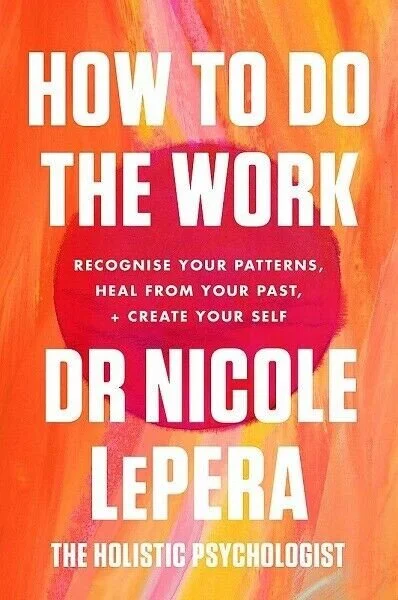The Research Supporting Positive Affirmations
Hi, I am Liz Moser, a Mayo Clinic and National Board-Certified Health and Wellness Coach.
Today I want to talk about positive affirmations, my specific daily affirmation practice, and the research showing their effectiveness.
First, what is a positive affirmation? According to Wikipedia: An affirmation is a carefully formatted statement that should be repeated to oneself or written down frequently. For affirmations to be effective, it is said that they need to be present tense, positive, personal, and specific.
Affirmations should be in the present tense, positive, personal, and specific.
I consider my affirmation practice another successful habit in my self-care tool kit, and I repeat my affirmations three times each day.
First, in the morning, I say my affirmations out loud as I stand in front of my red and near-infrared light.
Then, before lunch, I spend a quick minute or two repeating my affirmations.
And lastly, before bed, I spend several minutes writing out my affirmations in my gratitude journal.
So, that's my practice, and I recommend my clients use them because research shows they work. They aren't magic; however, studies indicate that positive affirmations transform the brain.
Specifically, research shows that affirmations:
1-Activate the rewards centers of the brain. The same area that is stimulated when you win a prize or eat your favorite foods.
2-Positive affirmations increase self-reported feelings of hopefulness.
3-One study showed how affirmations increased participants' problem-solving ability.
4-Evidence also shows that affirmations can help you at work. Affirmations can boost confidence, calm nerves, and increase the chance of positive outcomes for an important meeting or presentation.
5-Positive Affirmations are a useful tool for coping with everyday life stressors, and more specifically, decrease health deteriorating stress.
6-A British study proved that participants using positive affirmations exercised for a longer duration than the control subjects who were simply asked to go home and work out.
7-Research also showed that when participants affirm their values and receive health information, they are more likely to make positive changes. As a coach, I could not agree more! Change does not happen in a vacuum. It happens because I remind them repeatedly, and I urge them to remind themselves why they are seeking long-term lifestyle changes.
8-A Dutch study showed that participants using positive affirmations were more likely to decrease rumination and stress, then the participants not using affirmations.
9- And Lastly, affirmations have been shown to treat low self-esteem and some forms of depression.
Affirmations are positive phrases you repeat to yourself either verbally or in writing, which describes how you want to be. They should be in the present tense, positive, personal, and specific.
Over time, thanks to neuroplasticity, or your brain's ability to change and adapt to different circumstances, research shows affirmations transform the brain. Mainly, affirmations activate the reward center of your brain, decrease stress and rumination, increase hopefulness and problem-solving skills, boost confidence, calm nerves, and successfully treat low self-esteem and, in some cases, even depression.
I'm Liz Moser, a Mayo Clinic and National Board-Certified Health and Wellness Coach, and thank you for reading this blog about the research showing the effectiveness of positive affirmations. If you have any questions about this blog, about health and wellness, or wellness coaching with me, please reach out via my website at lizmosercoaching.com
Bye for now and be well,
Liz







